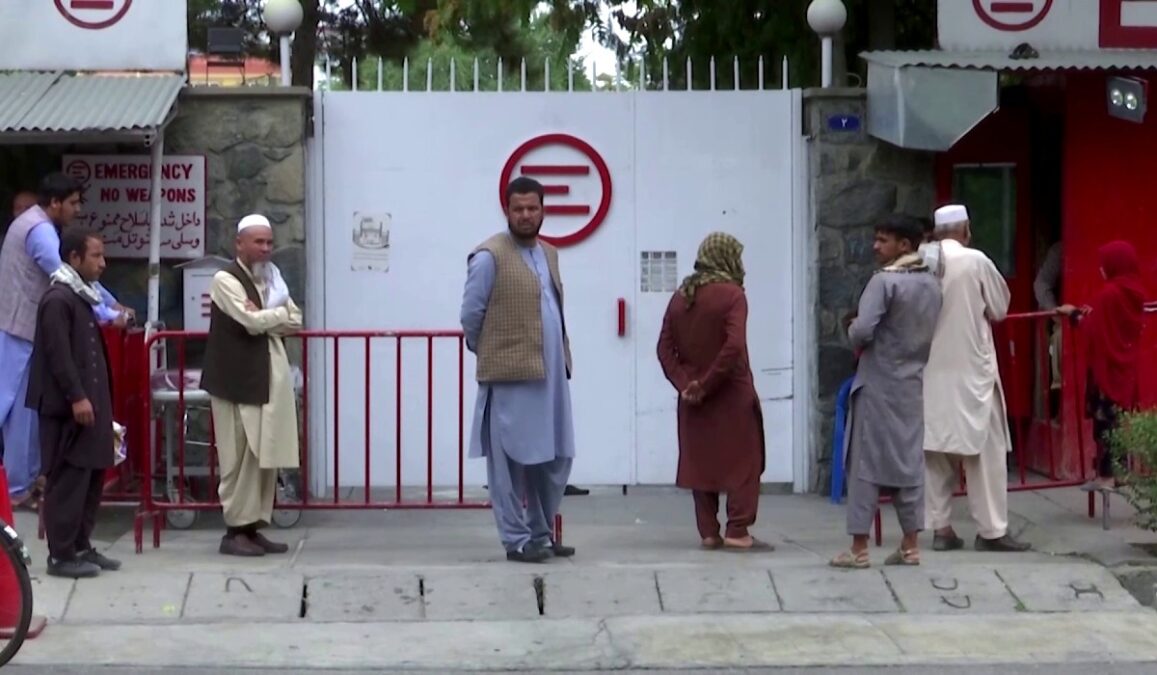United Nations Assistance Mission in Afghanistan (UNAMA) has released a report for the last quarter of 2023 (October, November, December), revealing that at least 49 members of the Hazara community were killed and 88 others injured in Afghanistan.
According to UNAMA’s statement on Monday, Dec. 2, the report highlights incidents including an explosion in Baghlan, two in Kabul, all claimed by ISIS, and three targeted assassinations in Herat, specifically targeting Hazaras and Shiites.
Targeted Attacks Against Hazaras
The report details three improvised explosive device attacks in October and November, focusing on the predominantly Shi’a Hazara community. On Oct. 13, a suicide bomber in Pul-e-Khumri city targeted Shi’a worshippers in a mosque, resulting in 21 deaths and 30 injuries. On Oct. 26, an IED in a sports club in West Kabul’s Dasht-e-Barchi killed eight and wounded 35. Another blast on Nov. 7 in the same area hit a commuter bus, killing 11 and injuring 21. ISKP claimed responsibility for these attacks. In addition, in October, November and December, a series of targeted killings of Shi’a clerics were carried out in Jibriel area of Herat city. On 22 October, one Shi’a cleric was shot and killed; on 23 November, two Shi’a clerics were shot and killed; and on 1 December, six people were killed (including two Shi’a clerics) and two wounded when unknown armed individuals opened fire on a rickshaw in which the clerics were travelling. There has been no claim of responsibility for any of these incidents and the perpetrators remain unknown.
Unexploded Ordnance
The report says that between October and December, unexploded ordnance killed 11 and wounded at least 51, including 13 adults and 49 children. A notable incident on Dec. 22 in Kunar province injured seven family members, including a seven-year-old boy.
Forced Expulsion of Afghans from Pakistan
According to UNAMA report, on Oct. 3, Pakistan’s Interior Ministry mandated all undocumented migrants to leave within 28 days or face deportation, affecting primarily Afghans. Between Sept. 15 and Dec. 31, 490,891 Afghans returned from Pakistan. The UN High Commissioner for Human Rights expressed concern on Nov. 15 about arbitrary expulsion and mistreatment of Afghan nationals. Taliban spokesperson Zabihullah Mujahid announced on Nov. 25 a committee formation to assist deported Afghan refugees in transferring their property.
Former Government Officials and ANDSF Members
Despite the Taliban’s general amnesty, UNAMA Human Rights reports extrajudicial killings, arrests, and torture of former government officials and ANDSF members. Incidents include the killing of a former ALP officer and his son in Badakhshan on Oct. 20 and the death of a former prosecutor in Jalalabad on Nov. 21. The Taliban Ministry of Defence affirmed its commitment to the amnesty on Dec. 31.
Arbitrary Arrests and Detentions of Human Rights Defenders and Media Workers
Between September and November, the Taliban arrested four women’s rights activists, with two still detained. In Daikundi province, three media workers were arrested on Oct. 7, with two released later. Journalist Mortaza Behboudi and advocate Matiullah Wesa were released from detention in October, while university professor Rasool Parsi was sentenced on Oct. 30.
Freedom of Expression
The report addresses ongoing Taliban infringements on freedom of expression. On Dec. 14, the Taliban-run Ministry of Higher Education ordered the removal of certain books from university libraries, including those related to Shi’a beliefs, political parties, and authors associated with the previous regime.
The report says that Taliban authorities continue to infringe the right to freedom of expression by limiting the public’s opportunity to seek, receive and impart information and ideas.





